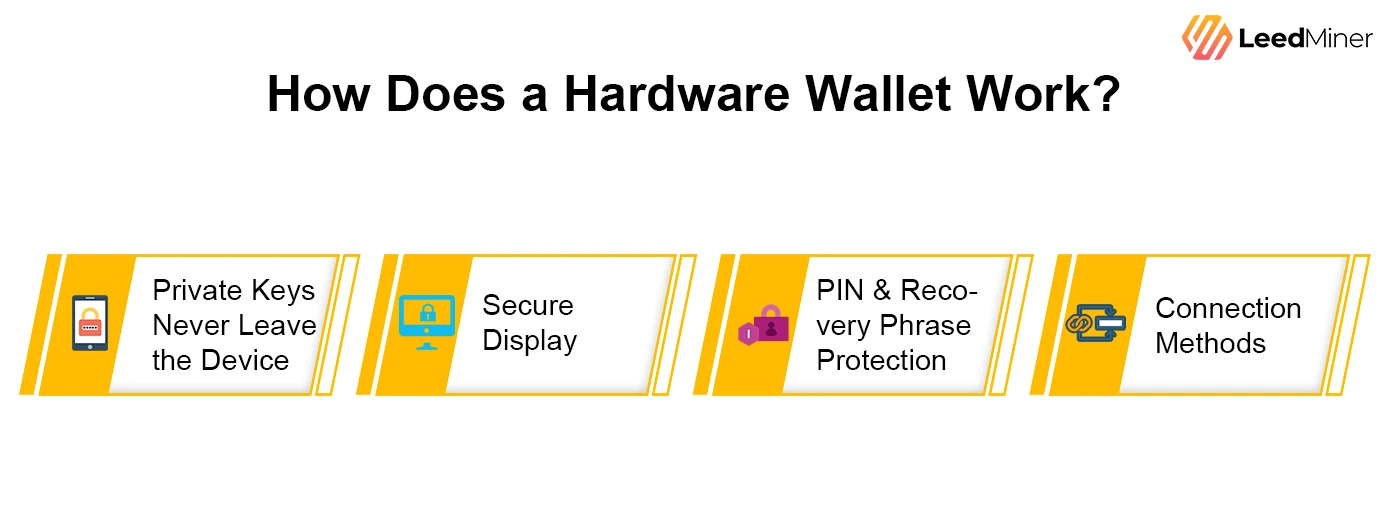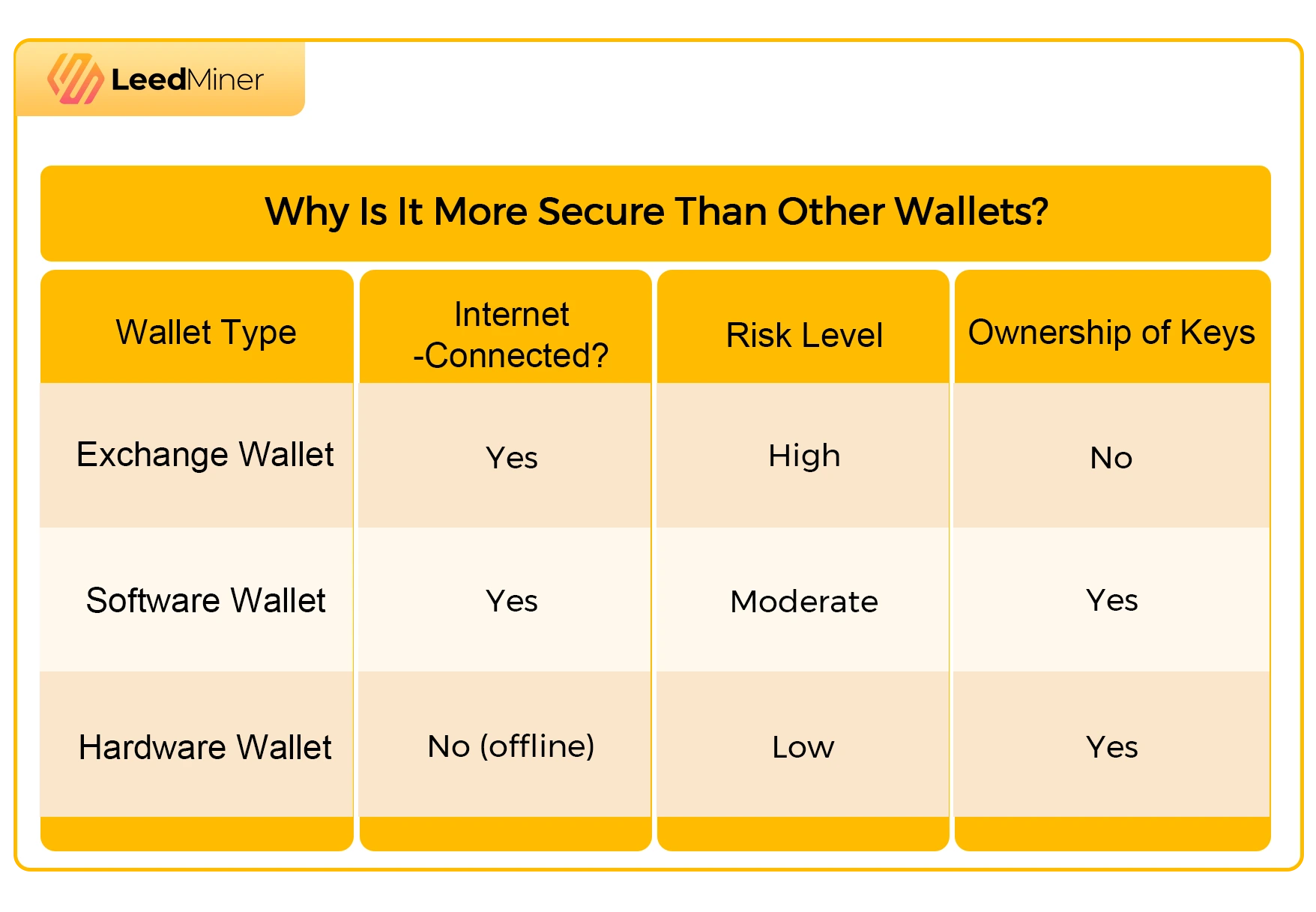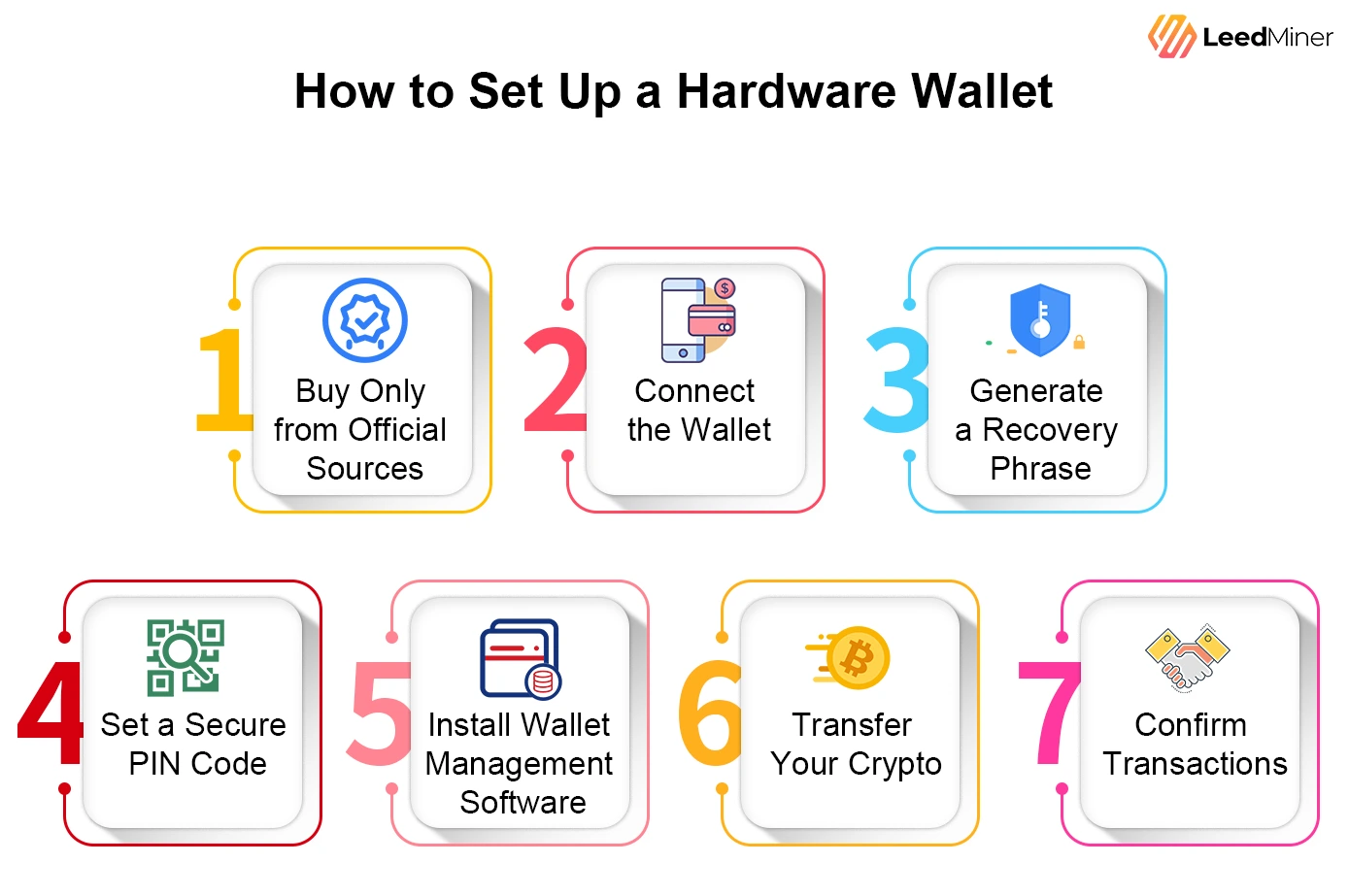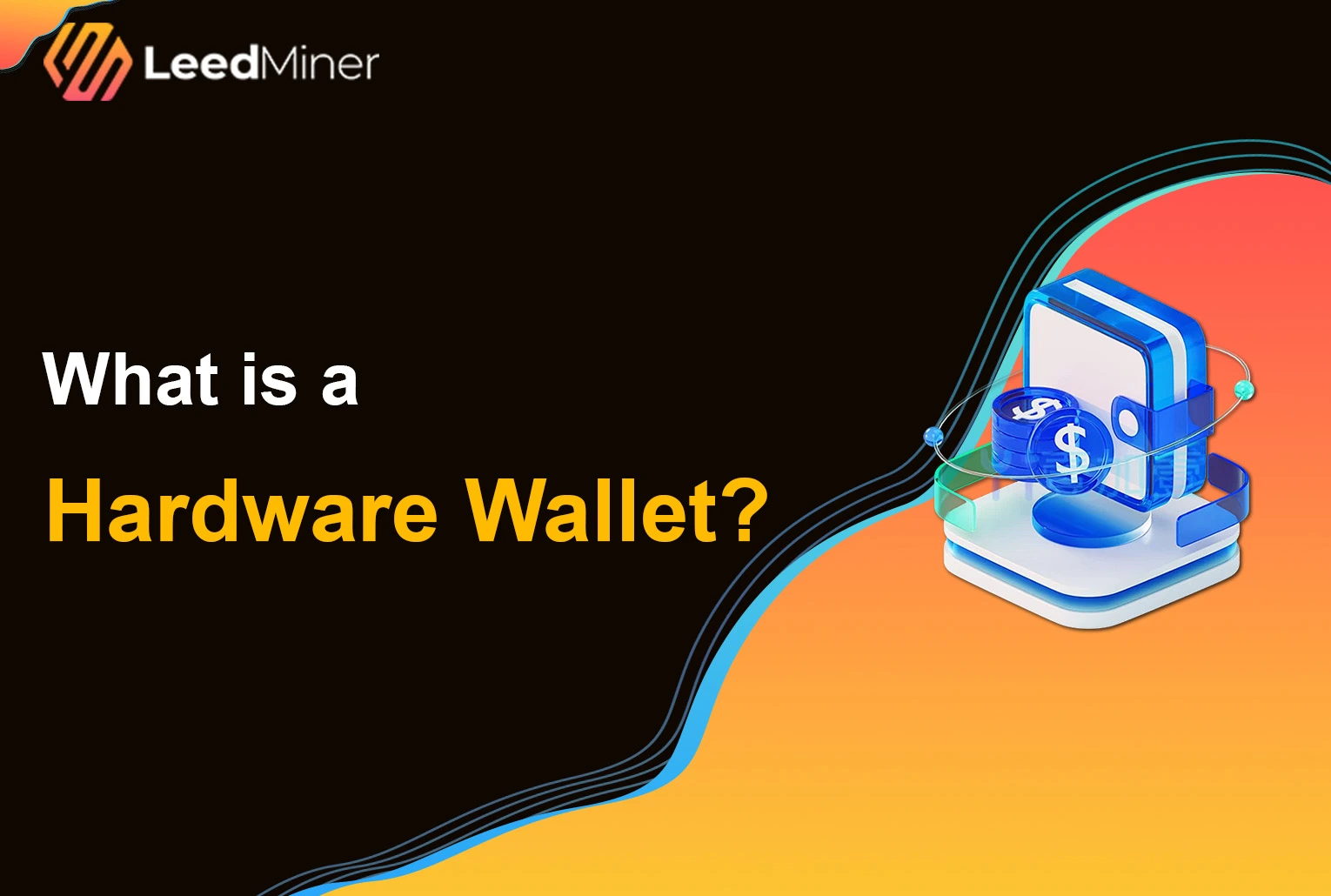SUMMARY
In the world of cryptocurrency, security is everything. With billions of dollars in digital assets circulating globally, protecting your funds should be your top priority. That’s where hardware wallets come in—one of the safest and most reliable ways to store your crypto. Whether you’re a long-term HODLer, a miner storing block rewards, or simply want peace of mind, understanding hardware wallets is essential.
What Is a Hardware Wallet
A hardware wallet is a physical device designed to securely store your cryptocurrency private keys offline. Unlike software wallets or exchange wallets, hardware wallets keep your keys in a completely air-gapped environment—isolated from the internet and potential online threats. They resemble USB sticks or small electronic gadgets and are specifically built to protect your assets from hacking, malware, phishing attacks, and unauthorized access.
Examples of popular hardware wallets:
- Ledger Nano S / X
- Trezor One / Model T
- Keystone
- BitBox02
- Coldcard (for Bitcoin maxis)
How Does a Hardware Wallet Work

Here’s what makes it so secure:
- Private Keys Never Leave the Device: When you make a transaction, it is signed inside the hardware wallet, not on your computer or phone.
- Secure Display: The wallet has a built-in screen that shows transaction details for manual confirmation.
- PIN & Recovery Phrase Protection: Access to the wallet is guarded by a PIN code. If the device is lost or damaged, you can recover it with a 12–24 word seed phrase.
- Connection Methods: Most connect via USB, Bluetooth, or QR code scanning (for air-gapped wallets like Keystone).
Why Is It More Secure Than Other Wallets

Hardware wallets are offline by design, which makes them nearly immune to:
- Malware
- Remote hacking
- Phishing sites
- Keyloggers
Even if your computer is infected, your hardware wallet keeps your private keys safe.
When Should You Use a Hardware Wallet
You should consider a hardware wallet if:
- You hold large amounts of crypto.
- You’re a miner who wants to store
block rewards
securely. - You’re holding long-term and don’t trade frequently.
- You want maximum control and ownership over your assets.
It’s not ideal if:
- You frequently buy/sell crypto and need fast access.
- You use micro-payments daily (e.g., via Lightning Network).
In those cases, a hot wallet or exchange wallet might be more practical—though riskier.
How to Set Up a Hardware Wallet

Basic Setup Steps:
- Buy Only from Official Sources (to avoid tampered devices).
- Connect the Wallet to your PC or mobile via USB or app.
- Generate a Recovery Phrase (write it down, don’t store digitally).
- Set a Secure PIN Code on the device.
- Install Wallet Management Software (e.g., Ledger Live, Trezor Suite).
- Transfer Your Crypto to the wallet address it provides.
- Confirm Transactions using the device screen and buttons.
Make sure you double-check addresses and always sign transactions on the device, not via software alone.
Choosing the Right Hardware Wallet
| When picking a hardware wallet, consider: Feature | Why It Matters |
|---|---|
| Supported Coins | Ensure your crypto is compatible |
| Interface | Easy-to-use screen and buttons |
| Security Features | PIN, passphrase support, secure chip |
| Community Trust | Reputation and transparency of the brand |
| Budget | Prices range from $60–$200+ |
Ledger and Trezor are the most popular and beginner-friendly. Keystone and Coldcard offer advanced air-gapped features for pros.
Best Practices for Hardware Wallet Security
- Always buy new from official sites (never second-hand).
- Write down your seed phrase and store it offline (safe, metal backups preferred).
- Never take a photo or store it in cloud/email.
- Use a passphrase for extra protection if your wallet supports it.
- Keep firmware updated to stay protected against new threats.
Final Thoughts: Do You Really Need One
If you’re holding more crypto than you’re willing to lose, the answer is simple: Yes. You need a hardware wallet. It’s not just for the rich or tech-savvy—it’s for anyone serious about crypto security. As the saying goes: “Not your keys, not your coins.” truly own your keys—and your future.



